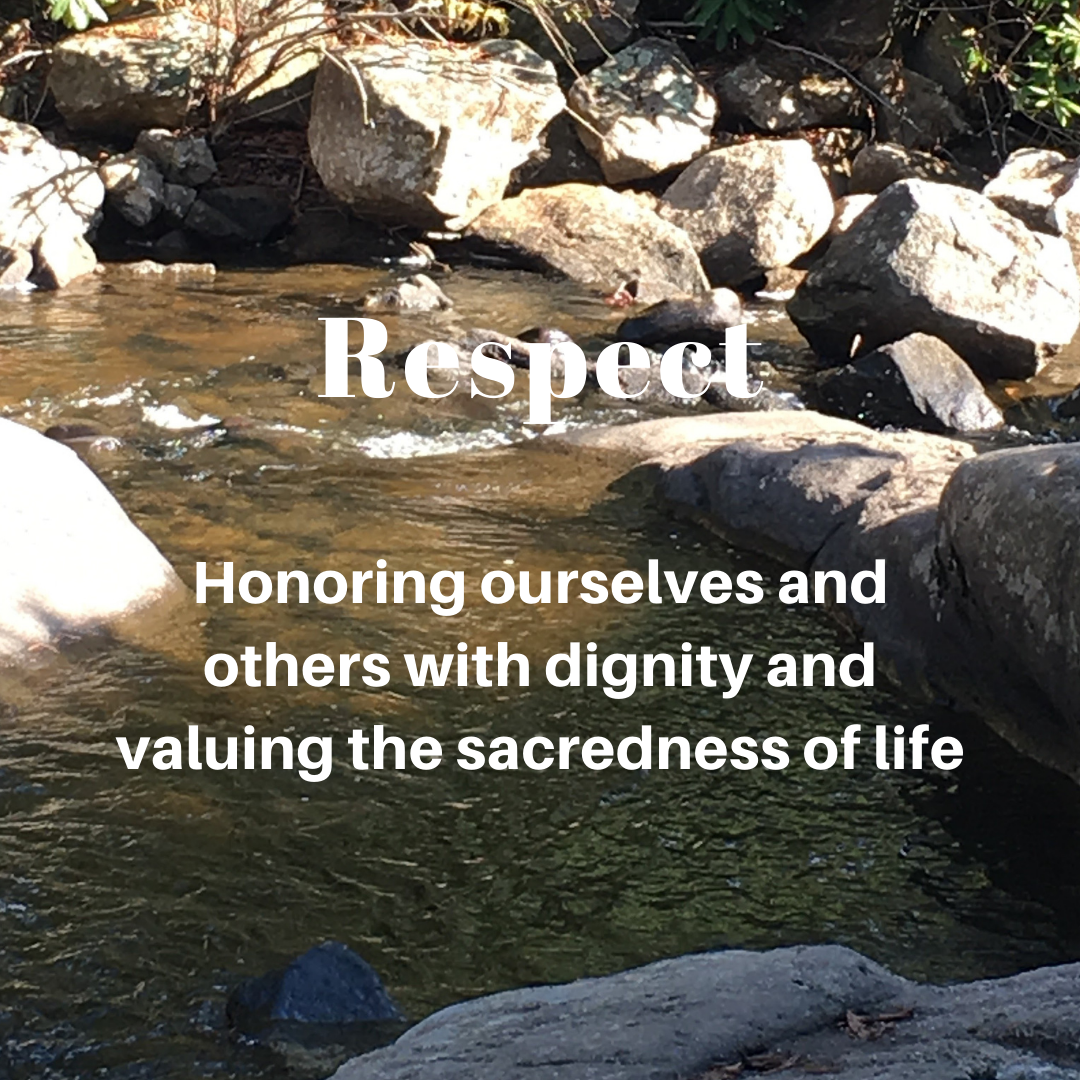
Personal Reflections: Building a Respectful and Caring Environment in My Family

Personal Reflection Questions
- Does every member of my family feel valued?
- What does the soundtrack of my life sound like?
- How can I strengthen my family’s relationships?
Family is the cornerstone of our lives, a haven where we find love, support, and belonging. As parents, we strive to create a nurturing environment where each family member feels respected, valued, and cared for. It takes conscious effort and a commitment to foster a positive atmosphere, but the rewards are immeasurable. In this blog post, I will share personal reflection questions and examples of how my family and I are building a respectful and caring environment for us all.
What does respect mean to us?
Respect serves as the foundation for healthy relationships within our family. We engage in open conversations to understand each other’s perspectives and feelings. By embracing empathy, active listening, and acceptance, we cultivate an environment that encourages everyone to express themselves without fear of judgment. We remind ourselves of the importance of treating each other with kindness, patience, and understanding.
Example: When conflicts arise, we encourage open dialogue rather than resorting to shouting or harsh words. We teach our children to express their emotions in a constructive manner, emphasizing the value of resolving conflicts through peaceful communication.
How do we encourage autonomy and individuality?
Respecting individuality is crucial for the growth and happiness of every family member. We create an environment that celebrates each person’s unique qualities, talents, and interests. We foster a sense of independence and self-worth by acknowledging and supporting individual goals.
Example: Our children have the freedom to pursue their passions, whether it’s art, sports, or music. We provide them with opportunities for exploration and encourage their curiosity. By doing so, we show respect for their individuality and teach them to respect others’ choices and interests.
How do we foster open communication?
Effective communication is vital for building trust and understanding within a family. We actively promote a safe and judgment-free space where every family member feels comfortable expressing themselves. We encourage sharing thoughts, concerns, and feelings, no matter how big or small.
Example: We have regular family meetings where everyone has an opportunity to speak up and be heard. We set aside dedicated time to discuss important matters, allowing each family member to contribute their ideas and perspectives. These conversations promote collaboration, problem-solving, and mutual respect.
How do we practice empathy and compassion?
Empathy and compassion form the pillars of a caring environment. By understanding and validating each other’s emotions, we nurture strong bonds and support one another during joyful and challenging times. We consciously demonstrate kindness and empathy in our daily interactions.
Example: When a family member is struggling, we lend a listening ear and offer support without judgment. We teach our children the importance of empathy by encouraging them to put themselves in others’ shoes and think about how their actions might impact others. Through small acts of kindness, we reinforce the value of compassion within our family.
Building a respectful and caring environment within a family is an ongoing journey that requires dedication, understanding, and love. By asking ourselves reflective questions and implementing practical strategies, we can create a space where every family member feels valued, heard, and supported. Let us embark on this journey together, building stronger and more loving relationships that will last a lifetime.
Use the Four C’s of Successful Families:
Clarity: Know what you value, what your vision and mission is for yourself and your family
Communicate: Express your values clearly and use virtues language to guide, acknowledge, correct and appreciate all in the family.
Consistency: Practice your virtues and values by making decisions and choices based on what you have clarified and communicated.
Community: Use your community of supporters who have similar values to fortify yourself and your family.
I invite you to sign up for our newsletter. It is a great way to get the Virtue of the Month and tips on relationships, parenting, and self-care. In addition, you’ll be the first to know about upcoming classes for successful families.
To sign up, visit the “Newsletter” section here on the website. Enter your email address, and you’ll receive our newsletter in your inbox on Wednesdays. I appreciate your interest in bringing out the best in your children and yourself. We look forward to keeping you informed through our newsletter!


